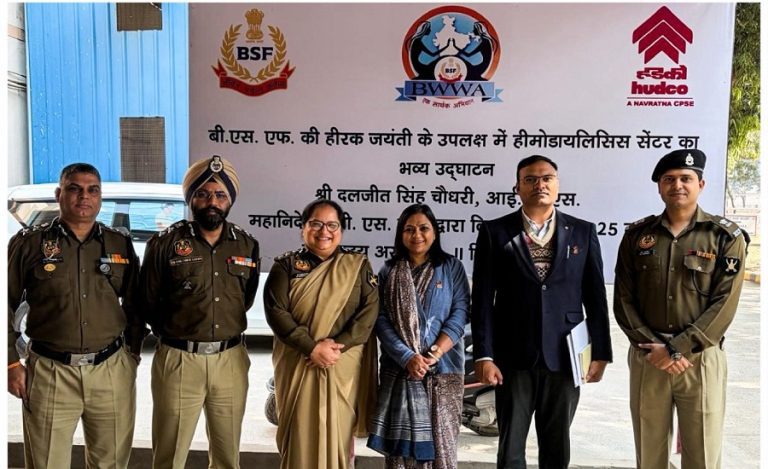It started like a normal day for an elderly Mumbai resident — retired, comfortable, law-abiding, and living peacefully. But within 40 days, his life changed forever. He visited his bank 27 times, made transfer after transfer, and by the end of it, he had lost ₹58 crore—all because he believed he had been “digitally arrested”.
This shocking case is now one of the biggest examples of how fast cybercrime is evolving.
Traditional policing deals with crimes like murder, robbery, property offences, chain snatching and maintaining law and order. But today, policing has changed because cybercrime challenges are increasing. With AI-enabled systems, criminals are updating their methods, and one of the most alarming cyber trends today is digital arrest, explains IPS officer Sanjay Shintre.
In an exclusive interview, DIG, Maharashtra Cyber cell IPS Officer Sanjay Shintre shares that digital arrest has become the top cybercrime targeting people, especially senior citizens. These victims are usually educated, law-abiding individuals who have retired, have savings, and live peacefully at home. “They are randomly calling people, especially senior citizens with money. They do not know how much money is in their account, and scammers take advantage,” he said.
WATCH THE INTERVIEW HERE-
The scam begins with a call claiming that illegal messages are being sent from the victim’s phone. Soon, another caller joins pretending to be from the Crime Branch. The victim becomes anxious and keeps listening. Then, a “technical person” instructs them on how to join a Skype or WhatsApp video call.
Once the video call starts, a man in a police uniform appears on screen with flags and a police station-like background. The victim, unaware of digital manipulation, begins trusting the setup.
During the call, the scammer shows a prefabricated Aadhaar card and PAN card with the victim’s photo. “Is this your Aadhaar card?” they ask. The senior citizen, nervous and confused, says yes. Then someone pretending to be from CBI or ED enters the call and claims that an illegal bank account has been opened in their name and money laundering has taken place.
Soon, a fake courtroom appears. A person dressed like a judge gives a so-called inquiry order. The officer explains, “Immediately he gets an order on WhatsApp. As soon as he reads it, he feels the court has said his information must be given.” The victim then reveals personal information — bank accounts, balances, investments, property, income and family details.
Next, the scammer convinces the victim to transfer all money to an “RBI safe account” for investigation. Believing they are helping the country and protecting themselves, they comply.
One shocking case included a man who visited his bank 27 times in 40 days and transferred a total of ₹58 crore. Another case involved a retired principal who avoided massive loss only because he immediately informed police.
The officer stressed, “There is nothing called digital arrest.” No agency conducts investigations over video calls. No officer asks for money transfers. Cybercriminals obtain data from the dark web, medical stores, hotel check-ins, or KYC records — and then target victims randomly.
His advice is clear:
“Disconnect the call. Inform your family. Go to the nearest police station. Do not share details. No one can digitally arrest you.”
As cybercrime grows smarter, awareness becomes your best defense. The rule is simple: Don’t panic. Don’t share. Just disconnect.

































